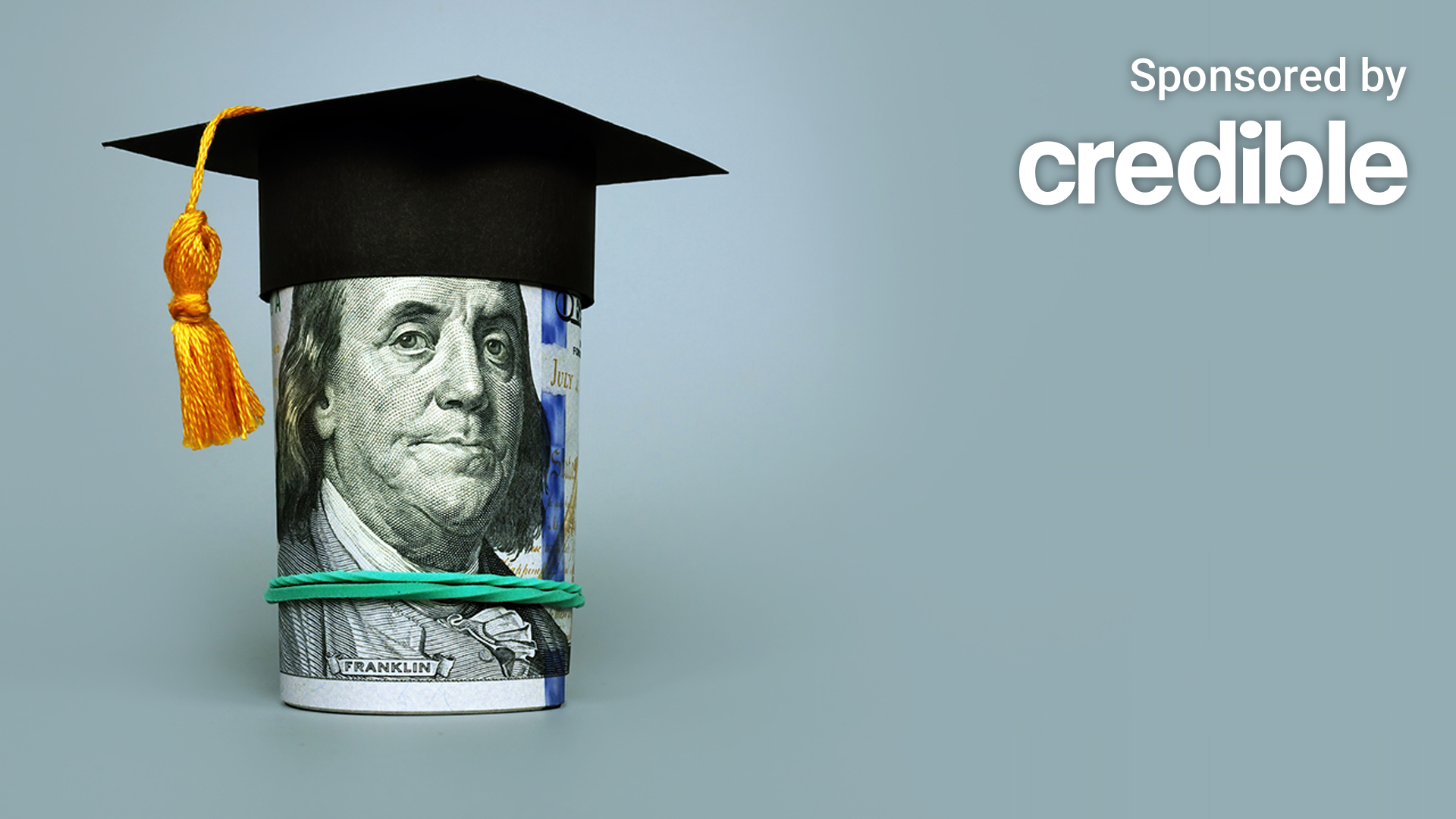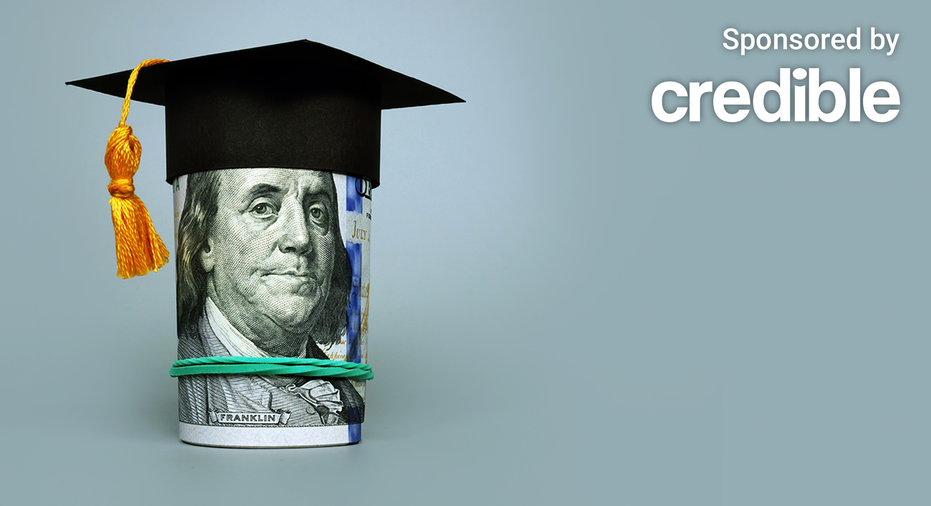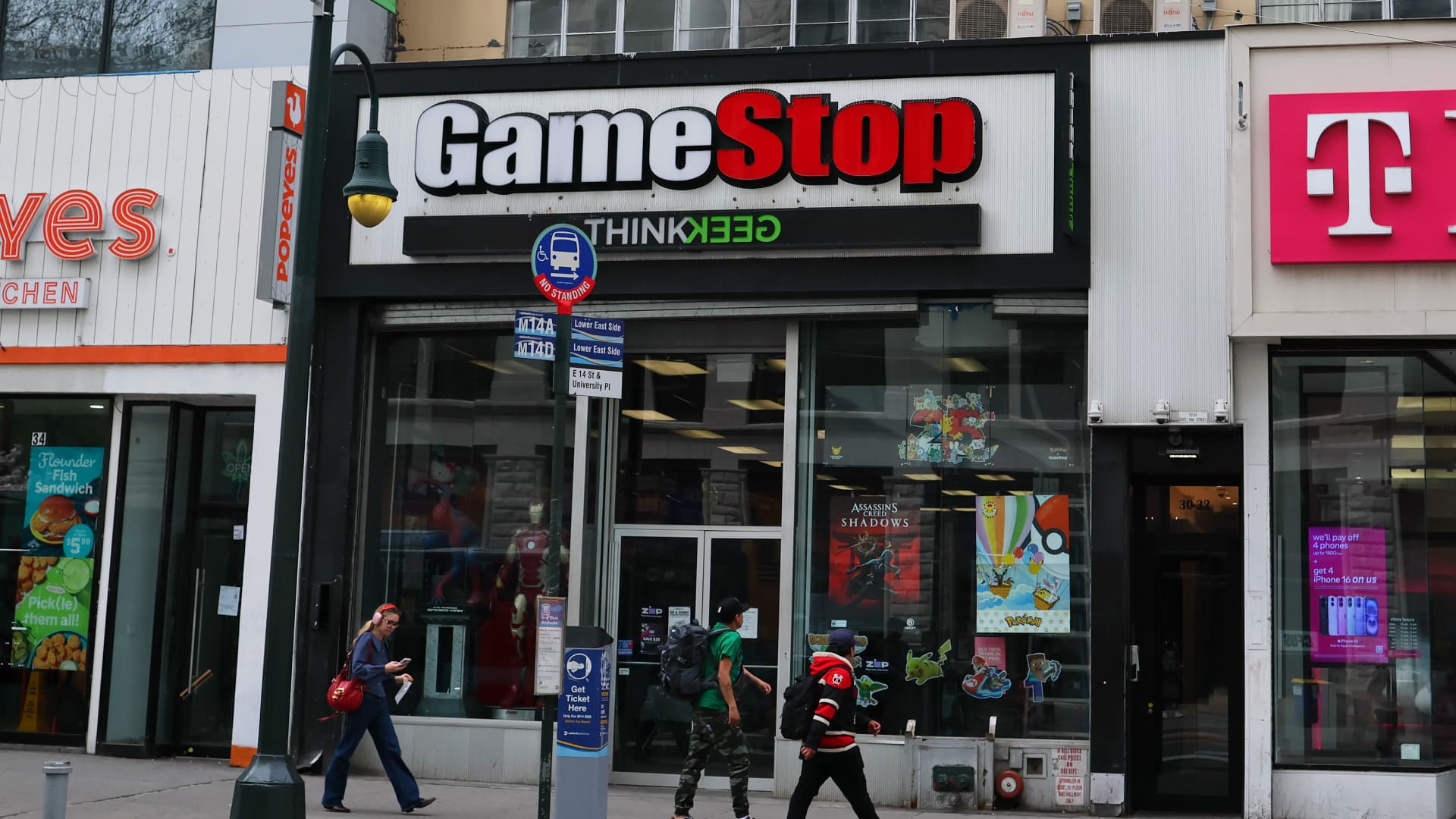Much of the new plan is already covered under SAVE, but key new provisions raise the price tag considerably. (iStock)
President Joe Biden’s new student debt elimination proposal would bring relief for millions more Americans, but a Penn Wharton Budget Model (PWBM) analysis shows it could add another $84 billion to an already costly plan.
The Biden Administration released a formal proposal to provide student debt relief to over 30 million borrowers. The new plan also proposes to eliminate accrued interest for 23 million borrowers and automatically discharge debt for borrowers eligible for loan forgiveness under SAVE, closed school discharge or other forgiveness programs, even if not enrolled. Additionally, student debt for borrowers who entered repayment for 20 or more years would be discharged. The plan would also provide relief to borrowers who experience hardship in paying back their loans.
“These distinct forms of debt relief are designed for borrowers struggling with their loans – and that’s a lot of people,” Under Secretary of Education James Kvaal said. “There are 25 million borrowers whose interest is growing faster than they can pay it down. That fact alone shows how badly President Biden’s student loan relief is needed.”
PWBM said that the new plan would cost an extra $84.06 billion on top of the $475 billion price tag for the Saving on a Valuable Education (SAVE) Plan, bringing the total cost to around $559 billion for both plans.
The biggest cost of the plan is waiving up to $20,000 for millions of borrowers whose balances have grown because of unpaid interest. That part of the plan is estimated to cost roughly $58 billion. The second-largest cost, $19 billion, stems from eliminating student debt for borrowers in repayment for 20 years or more (or 25 years with graduate student debt).
Private student loan borrowers can’t benefit from federal loan relief. But you could lower your monthly payments by refinancing to a lower interest rate. Visit Credible to speak with an expert and get your questions answered.
BUY A HOME IN THESE STATES TO GET STUDENT LOAN DEBT RELIEF
Student loan cancellation keeps coming
More people are becoming eligible for student loan cancellation as they hit 10 years of payments. Since the launch of SAVE, nearly 8 million borrowers have received relief, including 4.5 million with a $0 monthly payment. Student loan forgiveness has reached millions even as the Supreme Court blocked Biden’s original debt forgiveness plan last June.
The latest round of cancellations targets $7.4 billion in student loans for 277,000 borrowers, the Department of Education said in a statement. This brings the total debt forgiven over Biden’s presidency to $153 billion.
Biden’s SAVE plan could lower borrowers’ monthly payments to zero dollars, reduce monthly costs in half and save those who make payments at least $1,000 yearly. Yet roughly three out of four borrowers who make $75,000 or less annually, and would benefit from the SAVE plan, still need to be enrolled, according to a recent Student Debt Crisis Center (SDCC) survey.
If you can qualify for a student loan refinance at a lower rate than you’re currently paying, there are usually no downsides to refinancing. You can use Credible to compare student loan refinancing rates from multiple private lenders at once without affecting your credit score.
HOMEOWNERS COULD SAVE TENS OF THOUSANDS IN DAMAGES BY USING SMART DEVICES
Biden student loan forgiveness plan faces legal challenge
Republican-led states filed suit against President Joe Biden and the U.S. Department of Education to stop the SAVE Plan. A total of 18 states have joined one of two lawsuits challenging the plan.
The lawsuits seek to halt the SAVE plan immediately, arguing that the U.S. Department of Education has no authority to alter student loan repayment plans. This would cancel more than $156 billion in student loan debt.
The lawsuit also argues that the U.S. Supreme Court determined that Biden’s original forgiveness program violated federal law and that only Congress can authorize the forgiveness of student loans involving taxpayer money.
A statement from the Education Department said Congress gave the agency the authority to define the terms of income-driven repayment plans.
If you hold private student loans, you won’t be enrolled in a federal income-driven repayment plan, but you could refinance your loans to a lower rate. Visit Credible to compare options from different lenders without affecting your credit score.
MORTGAGE LOAN LIMIT RISES ABOVE $1.1M AS HOME PRICES SURGE
Have a finance-related question, but don’t know who to ask? Email The Credible Money Expert at moneyexpert@credible.com and your question might be answered by Credible in our Money Expert column.

 Personal Finance1 week ago
Personal Finance1 week ago
 Economics6 days ago
Economics6 days ago
 Economics1 week ago
Economics1 week ago
 Economics6 days ago
Economics6 days ago
 Finance6 days ago
Finance6 days ago
 Economics6 days ago
Economics6 days ago
 Economics4 days ago
Economics4 days ago
 Blog Post5 days ago
Blog Post5 days ago











